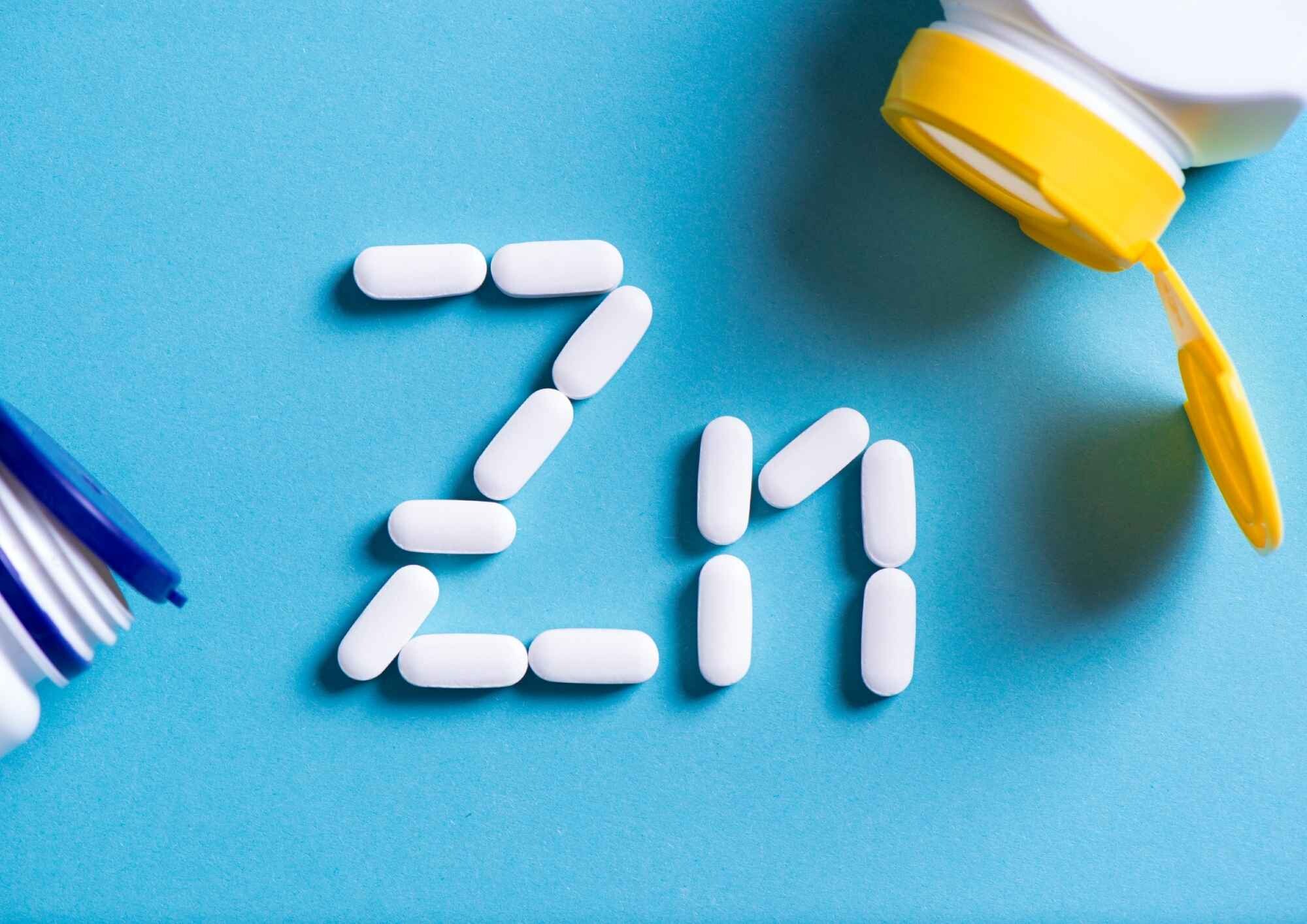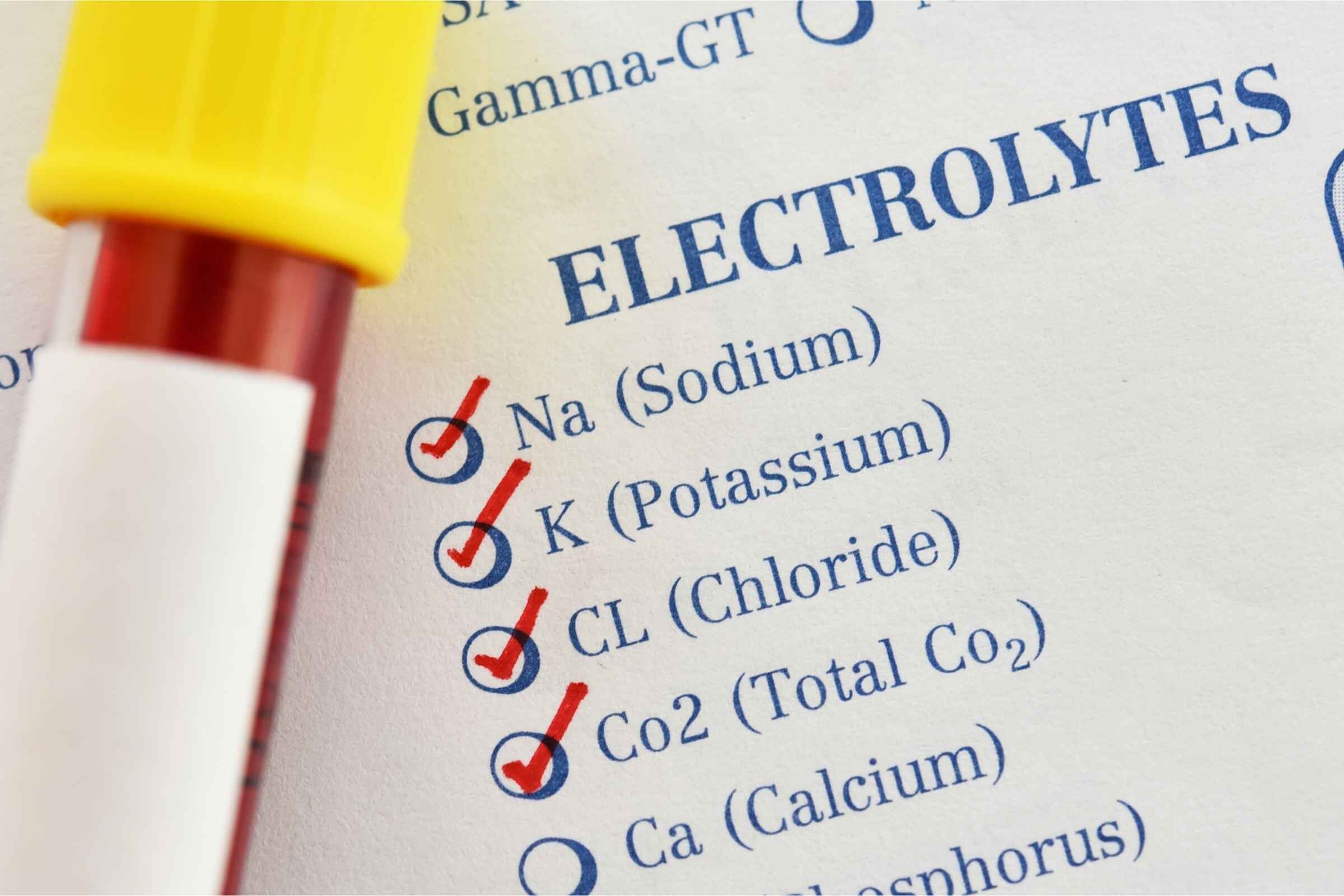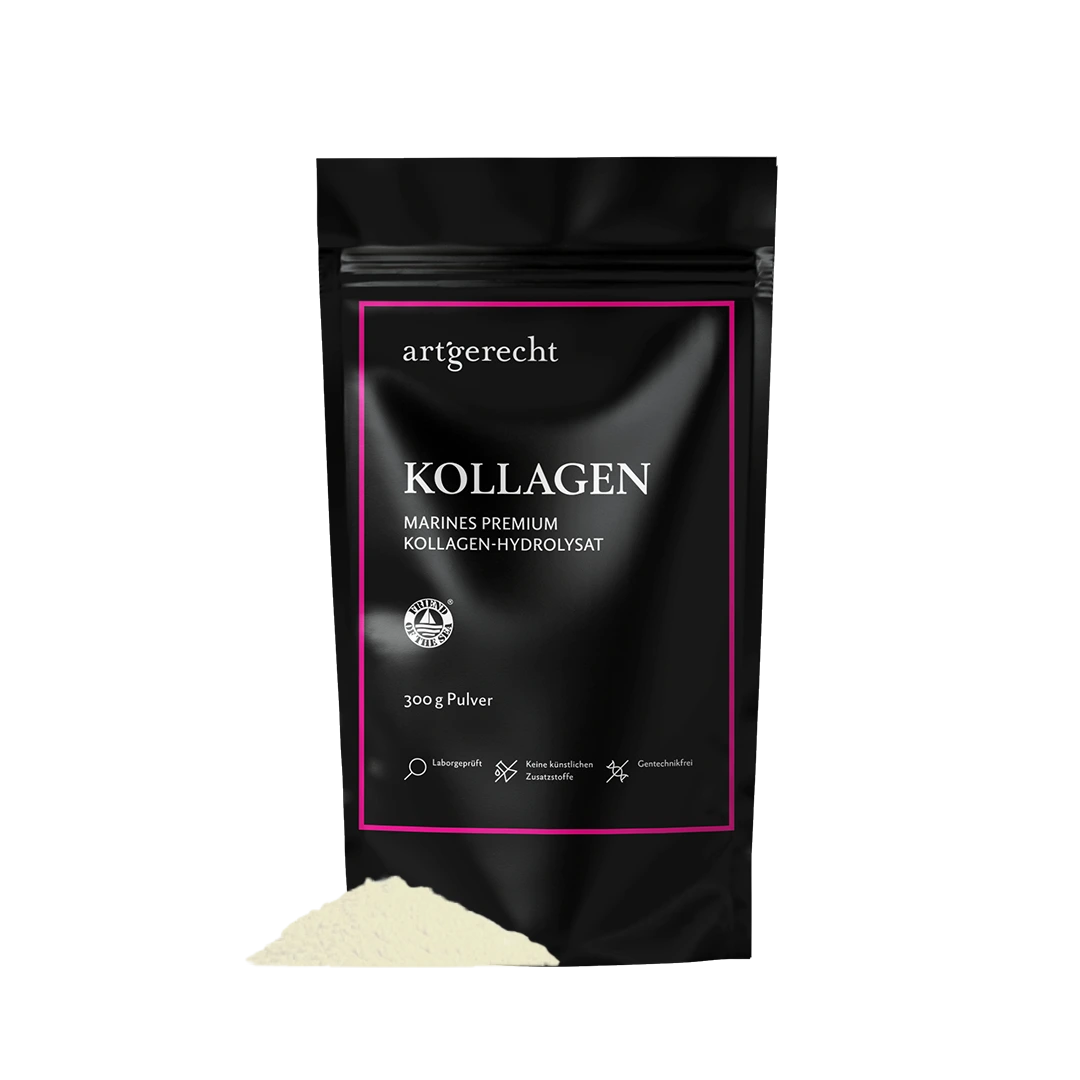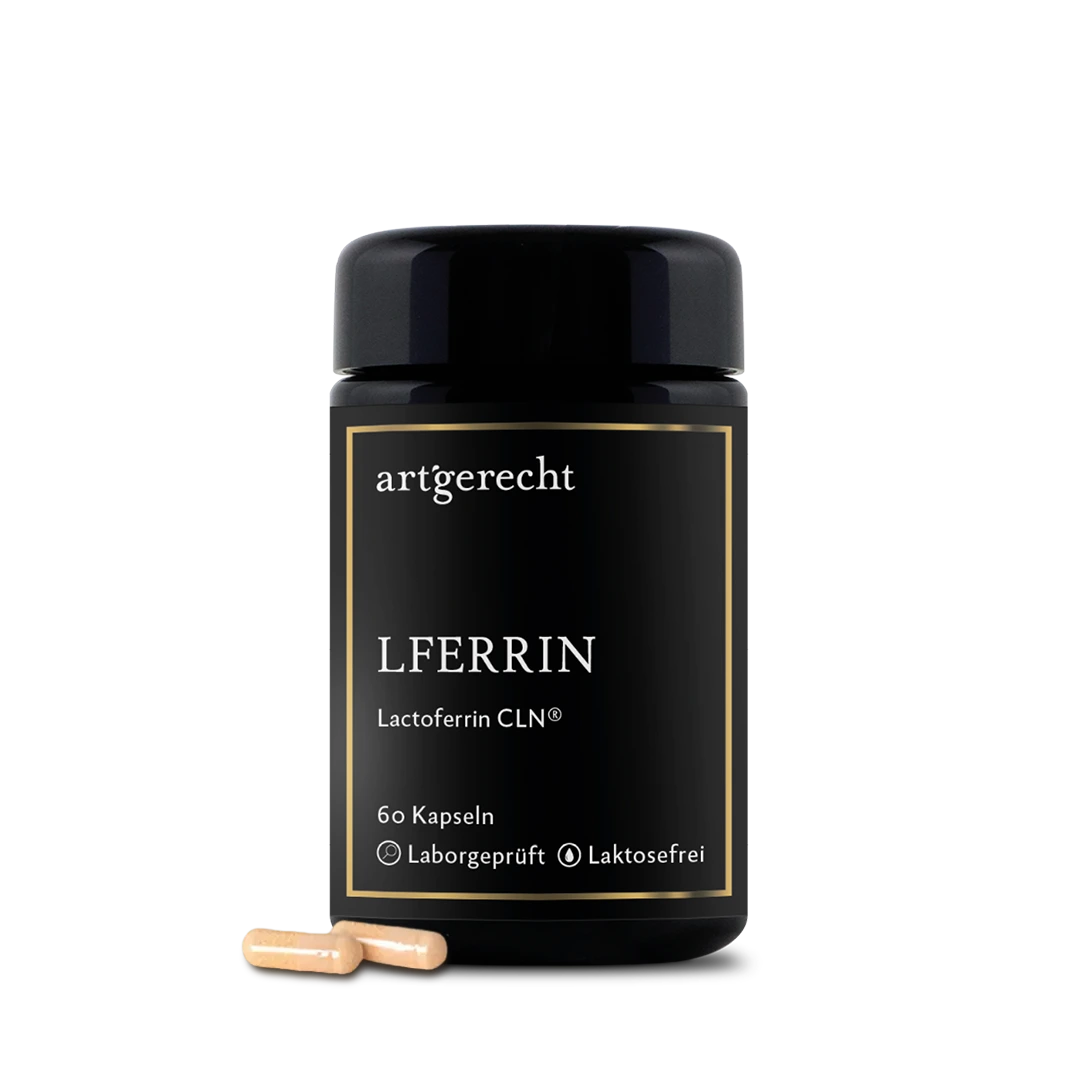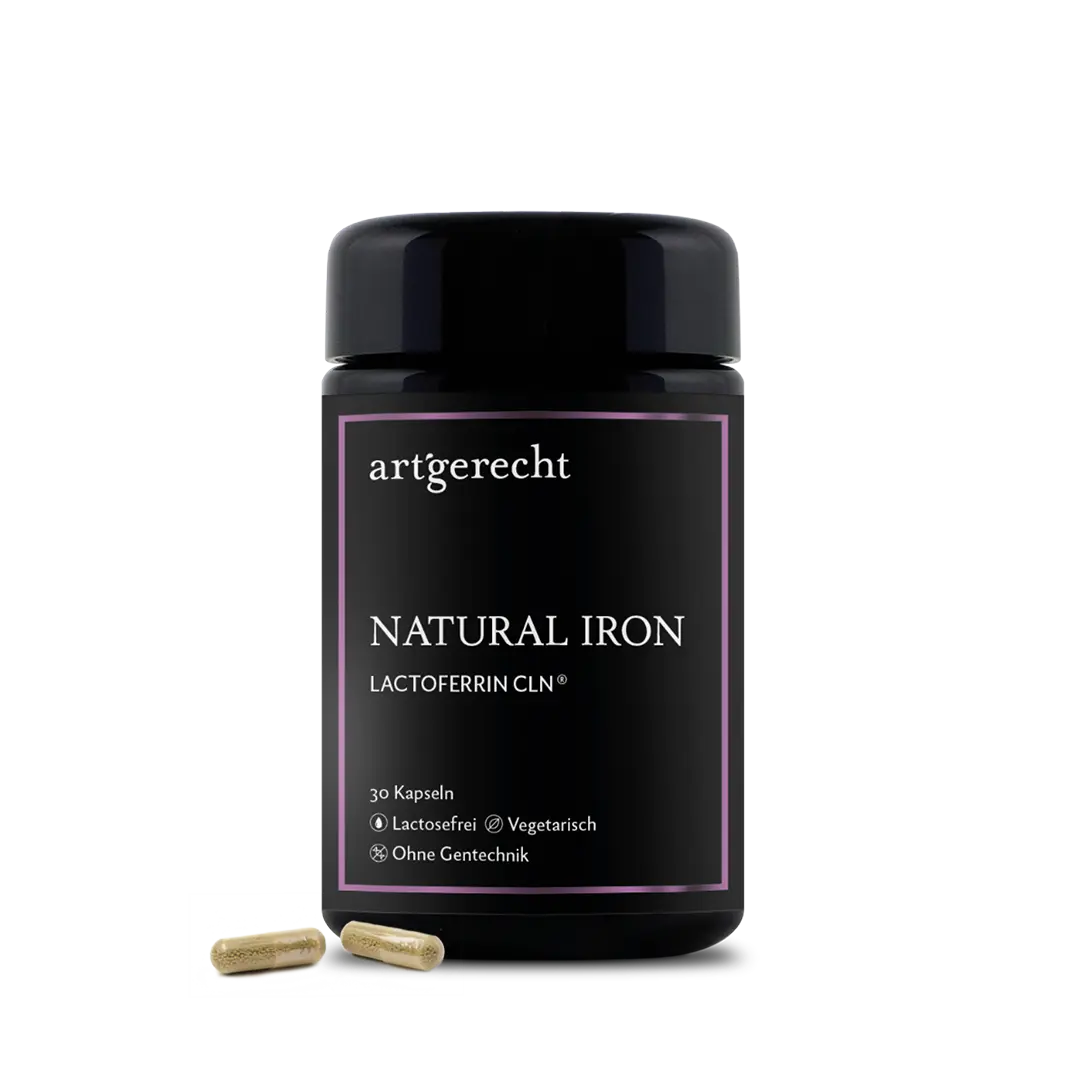The human body is home to a large number of microorganisms that together form the human microbiome. The gut is the largest and most important microbiome. It performs essential tasks for our health by acting as a protective barrier against harmful germs, supporting important metabolic functions and regulating the immune system. An intact gut microbiome is therefore essential for general well-being and disease prevention, and the composition of the microbiome is influenced by various factors, including genetic predisposition, diet, age, gender, pancreatic function and individual nutritional status, especially obesity. Studies show that changes in the intestinal flora are not only associated with digestive problems, but also with numerous other diseases. An imbalance in the microbiome - characterized by reduced diversity and a decline in health-promoting bacteria - can lead to the proliferation of inflammatory microorganisms. This favors an unstable intestinal environment, which can impair health in the long term. [1]
Small bacteria, big effect
The gut microbiome is a complex community of trillions of microorganisms that perform crucial functions for human health. It consists mainly of bacteria, but also viruses, fungi and archaea, which together contribute to digestion, the immune system and metabolism. The majority of microorganisms are found in the large intestine, where they reach an impressive density of up to 10 colony-forming units (CFU) per milliliter - a concentration that does not occur anywhere else in nature.
One of the most important tasks of the intestinal microbiome is to support digestion and nutrient absorption. It breaks down indigestible food components, especially fiber, and produces short-chain fatty acids such as butyrate, acetate and propionate. These serve as an energy source for the intestinal mucosa, promote a healthy intestinal barrier and have an anti-inflammatory effect. In addition, intestinal bacteria synthesize essential vitamins, especially B vitamins and vitamin K, which are essential for energy metabolism and blood clotting.
Another key function of the microbiome is to protect against pathogenic germs through colonization resistance. This occurs through direct competition for nutrients and binding sites on the intestinal wall as well as through the production of antimicrobial substances that inhibit the growth of harmful pathogens. The intestinal bacteria also support the production of mucilage and strengthen the tight junctions between the intestinal cells, thereby protecting the intestinal barrier against harmful intruders.
The microbiome also plays a central role in the regulation of the immune system, as around 70% of immune cells are localized in the gut. It helps the body to differentiate between harmless and harmful microorganisms, promotes the development of immune cells and influences inflammatory processes. A balanced intestinal flora helps to reduce the risk of autoimmune diseases, allergies and chronic inflammation.
In addition, the microbiome influences the central nervous system via the so-called gut-brain axis. Intestinal bacteria produce neurotransmitters such as serotonin and influence the activity of the vagus nerve, thereby helping to control mood, stress resistance and cognitive functions. Imbalances in the microbiome are associated with mental illnesses such as depression and anxiety disorders.
Metabolic processes are also closely linked to the microbiome. The composition of the intestinal flora can influence how efficiently nutrients are absorbed and processed. An imbalance, in particular a shift in the ratio of Firmicutes and Bacteroidetes bacteria, is associated with obesity and metabolic diseases such as type 2 diabetes. [2]
Mikrobiom Balance Bundle von artgerecht – Dein Schlüssel zu einer gesunden Darmflora
Different factors play a role in maintaining a healthy microbiome. A diet rich in fiber, the consumption of probiotic and biotic foods, regular exercise and stress management are crucial for a stable and diverse intestinal flora.
The Microbiome Balance Bundle from artgerecht has been specially developed to promote and maintain the natural balance of the intestinal microbiome in the long term. A healthy intestinal flora is crucial for digestion, the immune system and general well-being. The bundle combines carefully selected ingredients such as zinc, probiotic cultures (Biotic) and Curcumin Vital, the composition of which is optimally tailored to the needs of the intestine. Zinc contributes to the normal function of the immune system and protects the cells from oxidative stress, which can affect the delicate balance of the microbiome. The high-quality probiotic cultures in Biotic support the balance of the intestinal flora and promote a healthy microbial environment, while Curcumin Vital contributes to maintaining a healthy gut with its digestive and antioxidant properties. [3]
[1] Frost, F. (2023). Introduction to the microbiome Journal für Gynäkologische Endokrinologie/Schweiz, 26(1), 6-12.
.[2] Bischoff, S. C. (2017). The intestinal microbiome–how it influences us humans Endo-Praxis, 33(02), 85-89.
.[3] Chakaroun, R., & Kovacs, P. (2019). Microbiome Obesity causes, sequelae, therapy, 13(04), 186-187.
.


